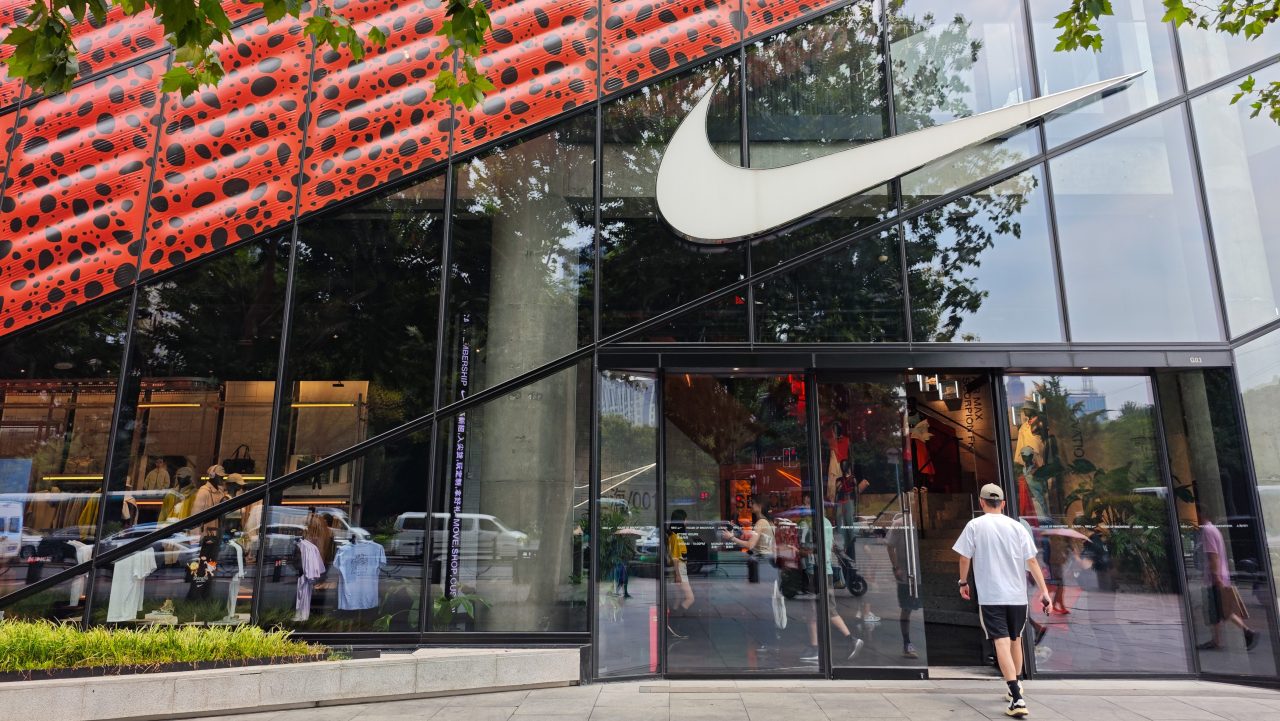
Nike has replaced CEO John Donahoe with former Nike executive Elliott Hill, according to the $51 billion-in-revenue sportswear giant. Hill will take over effective Oct. 14, while Donahoe remains as an advisor through the end of January.
“I am excited to welcome Elliott back to Nike,” Mark Parker, Nike executive chairman, said in a statement. “Given our needs for the future, the past performance of the business, and after conducting a thoughtful succession process, the board concluded it was clear Elliott’s global expertise, leadership style, and deep understanding of our industry and partners, paired with his passion for sport, our brands, products, consumers, athletes and employees, make him the right person to lead Nike’s next stage of growth.”
Hill, 60, has been the founder and owner of Open Road Resources since 2020. Before that, he spent 32 years at Nike holding various senior leadership positions, most recently as the company’s president, consumer and marketplace, from 2018 to 2020.
The stock jumped 10% in after-hours trading.
Nike has been reeling, with revenue for its latest fiscal year of $51.4 billion, a mere 0.3% increase over the previous year. The only years worse in the past two decades for the Swoosh were at the start of COVID-19 (2019-20) and on the heels of the financial crisis (2009-10).
“Our fourth-quarter results highlighted challenges that have led us to update our fiscal ’25 outlook,” Matthew Friend, Nike CFO, said in a statement. “We are taking actions to reposition Nike to be more competitive and to drive sustainable, profitable long-term growth.”
During the June earnings call, Friend said revenue would be down “mid-single digits” for the 2025 fiscal year, including 10% in the first quarter. The stock cratered 20% on the news, the single worst-day ever for the stock.
Donahoe took over from Parker in January 2020, right as the COVID-19 pandemic began to upend Nike’s business. The decision took a number of people by surprise. Donahoe was CEO of ServiceNow and formerly of eBay, an outsider and a techie coming into a company that had historically promoted top-level leadership from within.
His arrival came on the heels of a series of scandals at the footwear giant—one a doping probe into Nike’s head running coach Alberto Salazar, and the other an internal investigation into workplace misconduct that led to the departure of several high-ranking executives.
One of Donahoe’s principal business initiatives was to continue a push, initiated under Parker, to sell more product directly to consumers. The company severed ties with many of its retail partners, opting instead to sell through its own channels. That included a heavy emphasis on the Nike app and a totally new brick and mortar strategy. Critics believe that push shifted attention and resources away from the innovation and marketing expertise that set Nike apart from many of its peers.
Earlier this year, former Nike executive Massimo Giunco wrote a viral LinkedIn post about the company’s struggles. In it he detailed how Donahoe and Heidi O’Neill, who was elevated to president of consumer, product and brand at the same time as Donahoe’s appointment, made dramatic changes to Nike’s wholesale approach and marketing that led to the company’s recent struggles.
